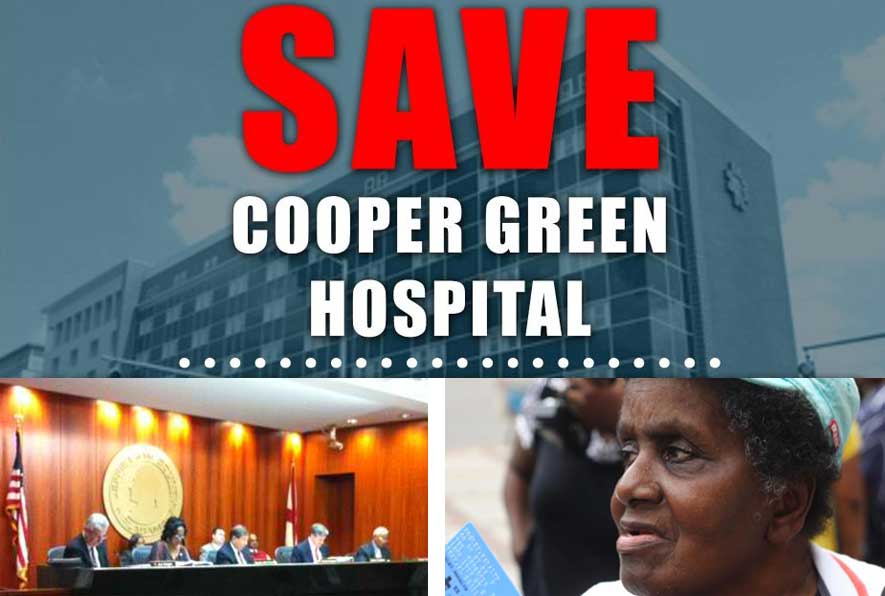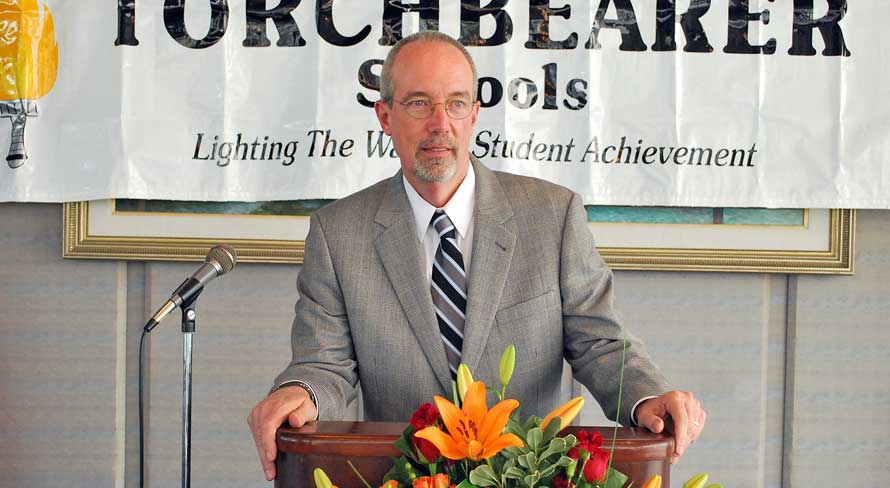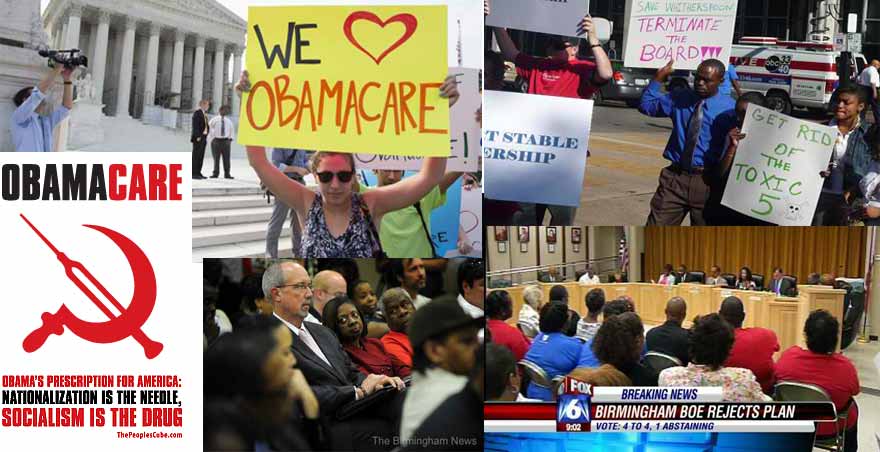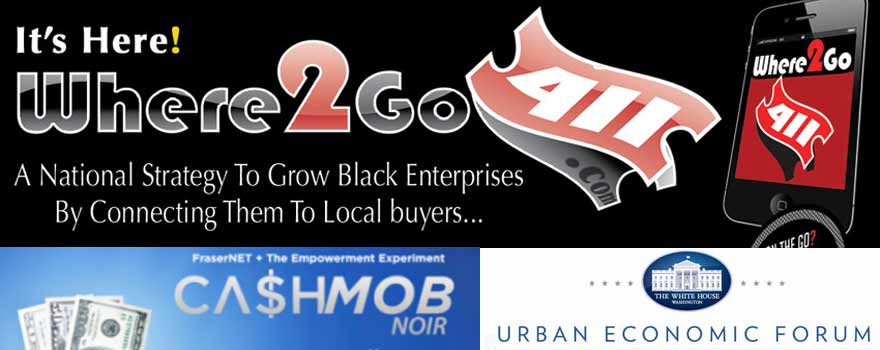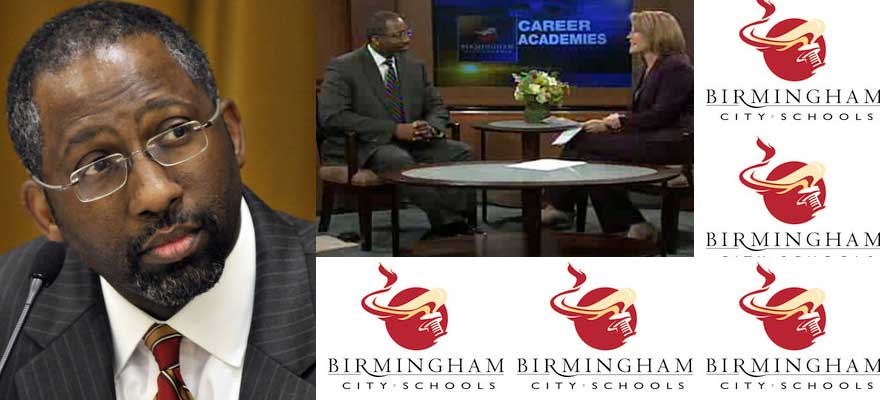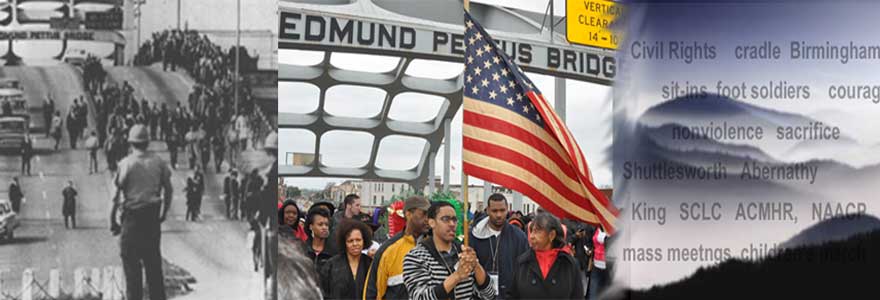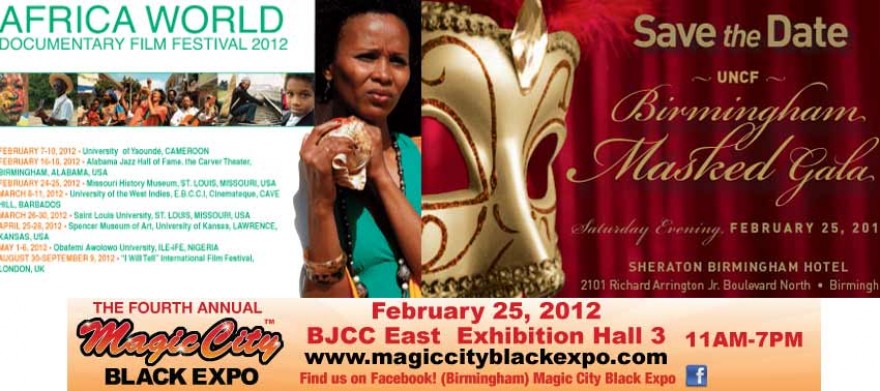I saw trouble coming when Maralyn Mosley called the GOP JeffCo commissioners who favored closing Cooper Green Mercy Hospital “cowards” and refused to be silent. When asked to leave the chambers and sheriff’s deputies surrounded her, she shouted, “If you want me out, you’ll have to carry me out! I’m not gonna leave these cowards in here!”
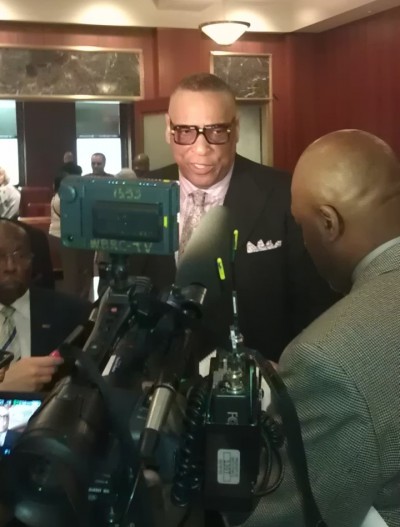 But I knew the war was on when Rev. Tommy Lewis, who earlier tried to calm Ms. Mosley and supporters who started singing “Ain’t Gonna Let Nobody Turn Me ‘Round,” came out of the commission’s back chamber, where he and other civic leaders apparently tried to reason with the GOP commissioners. He waved his hand in the air, exclaiming that the commissioners wouldn’t act in good faith to reconsider their vote to end Cooper Green’s in-patient services.
But I knew the war was on when Rev. Tommy Lewis, who earlier tried to calm Ms. Mosley and supporters who started singing “Ain’t Gonna Let Nobody Turn Me ‘Round,” came out of the commission’s back chamber, where he and other civic leaders apparently tried to reason with the GOP commissioners. He waved his hand in the air, exclaiming that the commissioners wouldn’t act in good faith to reconsider their vote to end Cooper Green’s in-patient services.
Then Lewis – all 6-foot-8 of him – turned toward Commissioner Joe Knight, and looking down, wagged his finger in Knight’s face, and practically shouted , “Either you take this back to committee (for further discussion), or we’re all going to jail!” It’s only the beginning, he said later.
Thus the commission debate over Cooper Green Mercy Hospital – which provides medical services to the county’s poor, uninsured and underinsured residents – turned into a full-blown civil rights protest.
How did it come to this?

